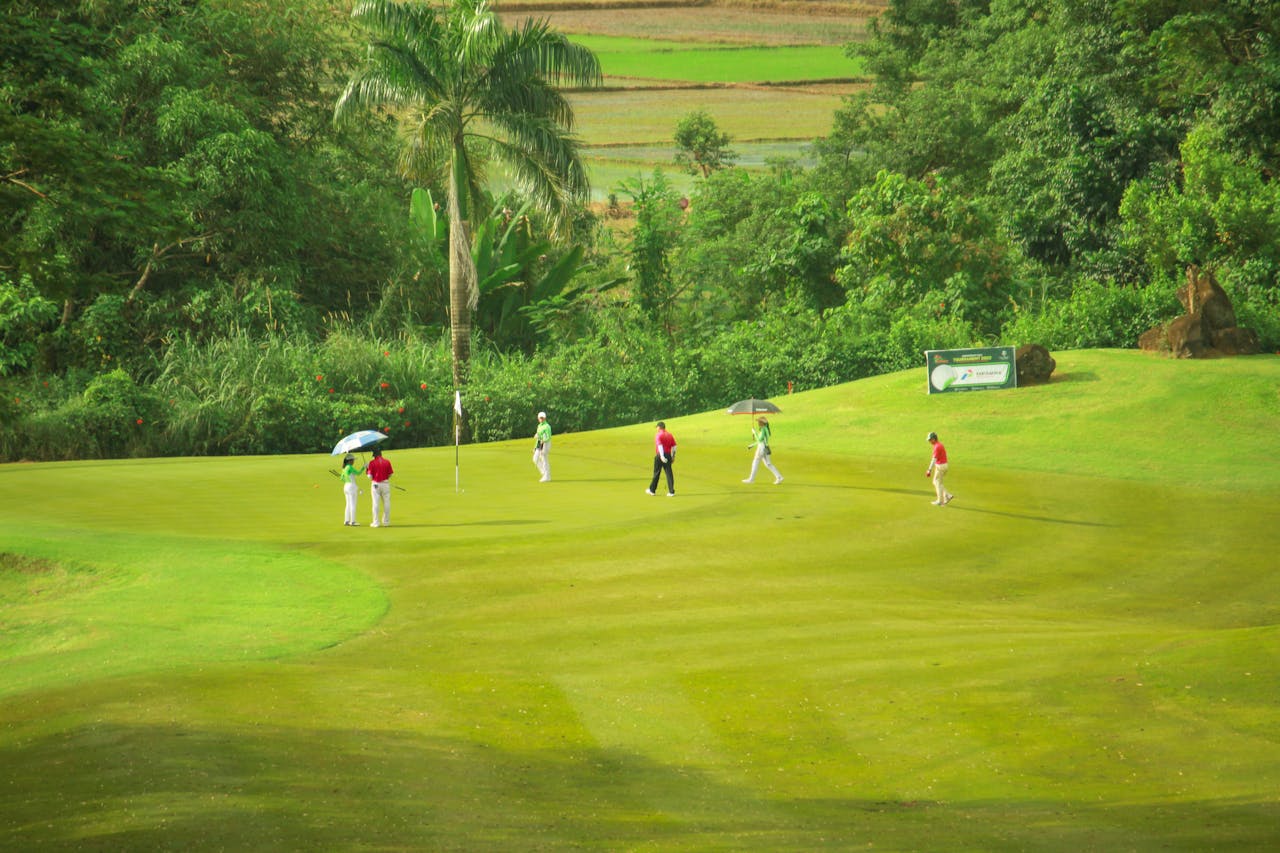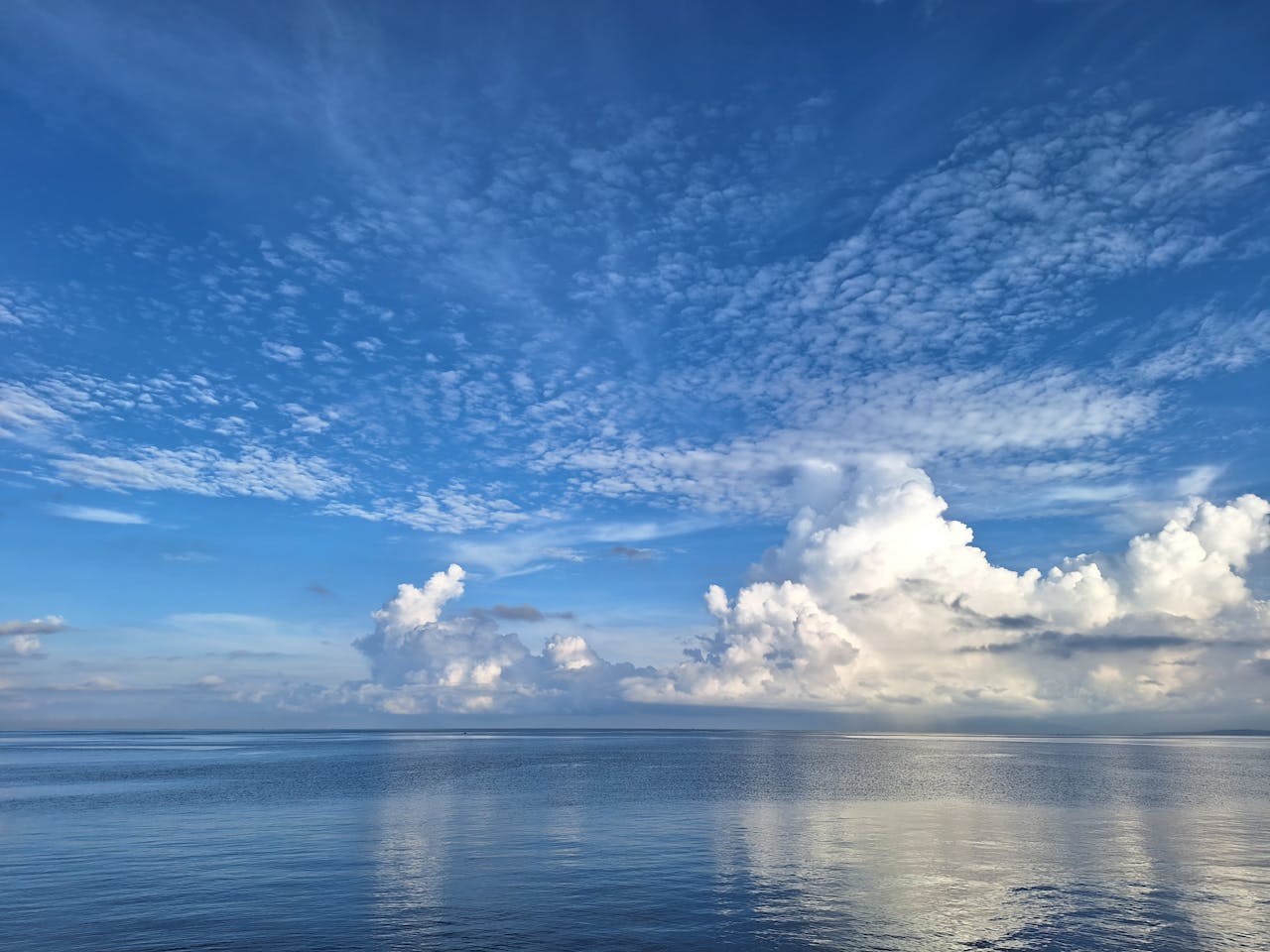Marktforschung in Sulawesi

Any company planning to expand into Sulawesi must grasp the local market dynamics, cultural influences, and economic landscape.
How can businesses thrive in an emerging and diverse market like Sulawesi? Market research in Sulawesi offers crucial insights that help companies understand this unique region and identify valuable opportunities to succeed.
What Is Market Research in Sulawesi?
Market research in Sulawesi involves studying local consumer preferences, industry trends, and economic conditions. It also focuses on regional economic conditions, cultural values, and the challenges associated with infrastructure and market accessibility. Market research helps companies address these factors and make well-informed decisions that are essential for succeeding in this diverse and dynamic market.
Warum Unternehmen Marktforschung auf Sulawesi brauchen
Market Entry Research can help you decide if your idea for a new business on the island will fly. It’s all based on how similar products have performed in the marketplace. It’s part of your Go to Market Strategy. As such, Market Research will help you make wise promotional and product packaging decisions. It will also assist you in coming up with effective marketing messages.
Businesses also require market research in Sulawesi to effectively understand the region’s unique challenges and opportunities. Sulawesi is characterized by its diverse consumer base, expanding industries, and distinct cultural influences, making market research crucial for navigating these complexities.
About Sulawesi

Die Insel Sulawesi liegt genau in der Mitte Indonesiens. Im Westen liegen Borneo und die Philippinen, im Osten Molukken und im Süden Bali, Flores und Timor. Die Insel, die etwa so lang ist wie Großbritannien, ist die viertgrößte Insel Indonesiens. Sie ist außerdem die elftgrößte der Welt. Sie breitet sich wie ein tanzender Buchstabe K aus. Sie besteht aus vier Halbinseln, die durch einen schroffen zentralen Bergrücken verbunden sind. Aufgrund der Berge sind die Halbinseln weit voneinander entfernt. Über See und Luft sind die Inseln besser angebunden als über die Straße.
Ancient cultures, such as the Toraja, flourished in Sulawesi. The island has a unique history, and location. Because it’s so remote, it has distinctive fauna. It’s home to rare species such as tarsiers (a tiny primate), the Sulawesi hornbill, and the Celebes macaque. The island also has several species of freshwater fish.
Warum ist Sulawesi wichtig?
Sulawesi hat eine Fläche von etwa 67.400 Quadratmeilen. Diese Insel ist der Hauptschwerpunkt der Entwicklung Ost- und Nordostindonesiens. In den letzten zehn Jahren ist die Wirtschaft der Region über dem Landesdurchschnitt gewachsen.
South Sulawesi is strategically located as the gateway to Eastern Indonesia. It is the hub of land, sea, and air connections to that part of the island. Other infrastructure has been set up to support the smooth running of economic activities. For example, the island has a new railway line from Makassar to Parepare. This line will connect agricultural centers and industrial areas and link to tourist hotspots in South Sulawesi.
Key Industries and Leading Players in Sulawesi
Sulawesi’s economy is diverse, with several industries playing key roles in its growth. Below are some of the major industries and leading players in the region:
- Landwirtschaft: Agriculture is a cornerstone of Sulawesi’s economy, particularly the cultivation of cocoa, coffee, and spices. Key players include smallholder farmers and cooperatives that contribute significantly to both local consumption and export markets.
- Fischerei: The fisheries sector is a significant contributor to the economy, with Sulawesi being one of Indonesia’s top regions for fish production. Companies such as PT Celebes Mina Pratama are leading players in seafood processing and export.
- Tourismus: Sulawesi’s natural beauty and rich cultural heritage make tourism a growing industry. Leading players include eco-tourism operators and local travel agencies that offer unique experiences, such as visits to Tana Toraja and Bunaken National Park.
- Bergbau: Sulawesi is rich in natural resources, particularly nickel. Companies like PT Vale Indonesia extract and process nickel, contributing to the region’s industrial growth.
- Herstellung: Manufacturing, especially related to food processing and raw materials, is a growing industry in Sulawesi. Local companies focus on processing agricultural products like cocoa and coffee.
- Immobilie: The real estate sector is expanding, driven by the need for residential, commercial, and hospitality developments. Developers are increasingly interested in Sulawesi’s urban areas as they continue to grow.
- Einzelhandel: The retail industry is developing, with an increasing number of modern retail outlets appearing in urban centers, catering to both local consumers and tourists.
Städte, Regionen und Stadtteile

Die meisten der 15 Millionen Einwohner der Insel leben in der Provinz Südsulawesi. Der geschäftige Hafen von Makassar, der Hauptstadt der Insel, liegt in dieser Provinz. Palu in der Provinz Zentralsulawesi ist eine weitere Großstadt. Die Stadt Manado liegt in der Provinz Nordsulawesi am Fuße des Bergs Klabat (6634 Fuß). Kendari liegt in der Provinz Südostsulawesi an der Bandasee.
Opportunities for Business Growth
The Sulawesi market presents numerous opportunities for business growth, especially in key sectors. Below are some of the primary opportunities that businesses can leverage:
- Agri-Business Expansion: The growing demand for Sulawesi’s agricultural products, such as cocoa and coffee, offers opportunities for investment in production, processing, and export.
- Tourism and Eco-Tourism: The region’s natural beauty and cultural attractions present opportunities for tourism businesses focusing on eco-friendly and sustainable travel experiences.
- Marine and Fisheries Development: Sulawesi’s rich marine resources allow businesses involved in fisheries, seafood processing, and aquaculture to benefit from growing demand in both domestic and international markets.
- Infrastructure Projects: Government initiatives to improve infrastructure, including roads and ports, create opportunities for construction companies and related service providers.
- Erneuerbare Energie: Sulawesi’s potential for renewable energy projects, including hydro and solar power, offers opportunities for businesses focusing on green energy solutions.
- Immobilien-Entwicklung: As urban areas expand, there is an increasing need for residential, commercial, and hospitality properties, which offers opportunities for real estate developers.
- Lokale Partnerschaften: Collaborating with local businesses can help overcome entry barriers and establish a strong foothold in the market, fostering community ties and shared growth.
Marktherausforderungen
While Sulawesi offers many opportunities, businesses must also consider certain challenges that can affect their success in the region. Below are some key market challenges:
- Infrastruktureinschränkungen: Despite ongoing improvements, infrastructure in some parts of Sulawesi remains underdeveloped, posing challenges for logistics and market access.
- Regulatorische Komplexität: Navigating local regulations and bureaucratic processes can be complex, requiring time and resources to ensure compliance.
- Kulturelle Unterschiede: Sulawesi’s diverse cultural landscape means that consumer preferences and behaviors can vary significantly across the region, requiring businesses to adapt their strategies accordingly.
- Umweltsorgen: Environmental issues, such as deforestation and marine ecosystem preservation, are important considerations, particularly for businesses involved in natural resource extraction.
- Naturkatastrophen: Sulawesi is prone to natural disasters such as earthquakes, which can disrupt business operations and supply chains.
- Wirtschaftliche Ungleichheiten: Income inequality across different areas of Sulawesi means that purchasing power can vary, necessitating careful market segmentation and targeting.
- High Competition in Key Sectors: Sectors like agriculture and fisheries are highly competitive, with numerous small players vying for market share.
How SIS International’s Market Research in Sulawesi Supports Businesses
Market research in Sulawesi provides businesses with the essential insights needed to successfully navigate the local market. SIS International supports companies in several important ways:
- Strategischer Markteintritt: We assist companies in developing strategies that are informed by local market conditions, ensuring a successful entry into Sulawesi.
- Identifying Revenue Opportunities: Unser Marktforschung uncovers consumer preferences and market dynamics, allowing businesses to identify and capitalize on key revenue opportunities.
- Risikominimierung: SIS International helps businesses anticipate challenges, such as regulatory complexities and logistical issues, reducing potential risks.
- Effektive Marketingstrategien: We provide data that helps optimize marketing campaigns, ensuring that businesses reach their target audiences with effective messaging.
- Innovation vorantreiben: Our research supports innovation by helping companies adapt to changing consumer demands and capitalize on emerging trends.
- Maximizing ROI: By providing actionable insights, we help companies allocate resources efficiently to maximize their return on investment.
- Adaptation to Local Preferences: We assist businesses in aligning their products and services with local cultural and consumer preferences, enhancing market acceptance.
- Wettbewerbsanalyse: We offer insights into the competitive landscape, helping businesses position themselves strategically in the market.
- Verbrauchereinblicke: Understanding local consumer behavior is crucial, and our research helps companies tailor their offerings to meet specific demands.
- Supply Chain Optimierung: SIS helps businesses identify reliable local partners and streamline supply chain operations to effectively address logistical challenges.
Über SIS International
SIS International bietet quantitative, qualitative und strategische Forschung an. Wir liefern Daten, Tools, Strategien, Berichte und Erkenntnisse zur Entscheidungsfindung. Wir führen auch Interviews, Umfragen, Fokusgruppen und andere Methoden und Ansätze der Marktforschung durch. Kontakt für Ihr nächstes Marktforschungsprojekt.


